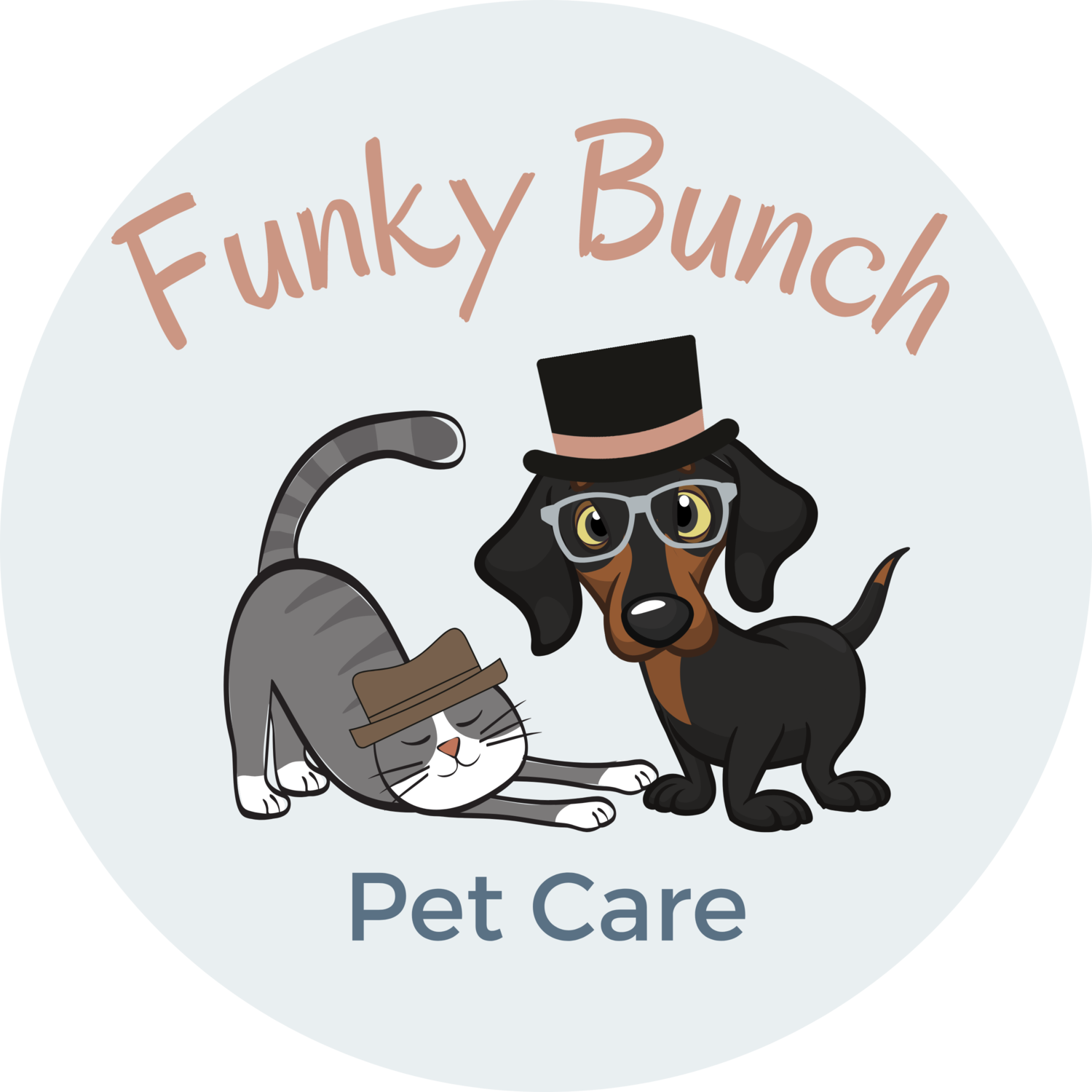Does your dog eat poop?
Dogs eat poop due to different behavioral and physiological issues. It can be disgusting but there’s a reason why and hopefully an answer to the problem. There are a few theories as to why dogs may eat poop. One theory is that they are lacking certain nutrients in their diet, so they eat poop in an attempt to supplement their nutrients. Another theory is that they are simply exploring their environment and trying new things. Some dogs may also eat poop if they are bored or lacking mental and physical stimulation. In some cases, a dog may eat poop as a result of a medical or behavioral issue, such as a digestive problem or a compulsive disorder. It is important to consult with a veterinarian or a professional dog trainer if you are concerned about your dog's behavior. They can help you determine the underlying cause of the behavior and develop a plan to address it.
When a dog eats its OWN poop it’s called coprophagia and it’s completely harmless! Yes, that’s right, it might bother you severely but your canine will be just fine! Although, problems can emerge if your canine eats OTHER dogs poop, which is called autocoprophagia. It doesn’t stop there either since cat, horse, and geese poop can also be appetizing, that’s called allocoprophagia. There’s absolutely no reason to rehome or euthanize a dog because of this behavior. These behaviors can be corrected with positive reinforcement and determination. Additionally, poop eating can be more common in multi dog households.
TRAINING
Verbal cues like “Leave it” or “Come”
Teach your dog to come to you for a treat as soon as they’re done.
Keep leashed to maintain control
Supervise yard, walks, and parks to pick up piles immediately.
Cat owners should keep litter boxes clean and out of reach.
TRIGGERS
Appetite survival to cope with starvation
Isolation in kennels or rooms
Restrictive confinement in small spaces, which is common with rescues from crowded shelters
Anxiety of harsh punishment can cause dogs to eliminate the evidence
Attention seeking, don’t over-react
Inappropriate association with food
Mothers scent as a puppy
Living with elderly or sick dogs.
SOLUTIONS
High-Quality diet change with essential nutrients
Deterrents like unspiced canned pumpkin, raw pineapple, raw zucchini, meat tenderizer can make poop less tasty
Over the counter (OTC) soft chews taste fine going down but make poop taste terrible
Consult your vet to rule out any parasites or unseen health conditions that may cause increase in appetite
Keep your dog on a short leash while out on a walk
Vitamin or enzyme supplements
Apple Cider Vinegar can be put directly onto food, the hydrochloric acid is beneficial and is recommended 1tsp per 25 pounds of body weight
Keep the living area clean and pick up piles immediately.
Spread awareness to family and friends.
If your dog eats contaminated poop, some common symptoms can be scooting, vomiting, diarrhea, distended abdomen, weight loss, occasional coughing, decreased activity, and dull coat. Your dog may pass segments of tapeworms in stool or vomit. You should consult your vet immediately and take a sample to your vet for diagnosis.
Cat poop poisoning can also be common and is called toxoplasmosis. Symptoms include vomiting, lethargy, loss of coordination, coughing or fever. Consult your vet immediately and be prepared to schedule a wellness check. Some things you can do to discourage eating cat poop are use baby gates to block access, booby trap the box, or sprinkle pepper to create unpleasantness. Soft chews for kitties can be purchased over the counter and online. Most importantly, you must ensure these things don’t surprise or bother any kitties permanently.
As time goes by the majority of dogs eventually learn that food tastes better and swear off their poop eating ways. In the meantime remember it’s normal and treatable. Lastly, if your dog doesn’t eat poop but has poop breath, it should still be investigated for hidden intestinal or kidney health issues. For more information, check out www.akc.org.

